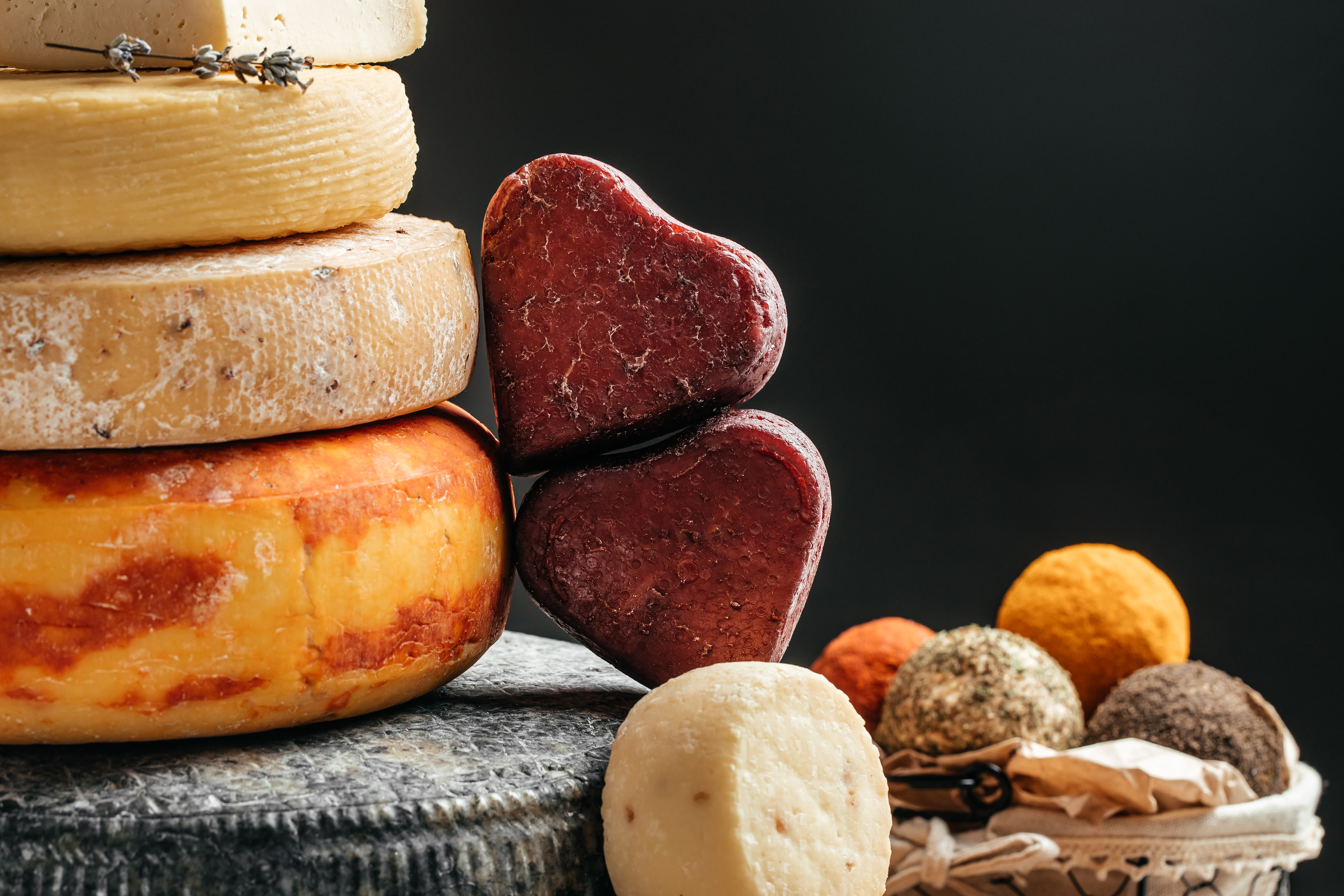Foods That Can Support Healthy Puberty (And Others That Might Disrupt It)
Puberty isn’t just a phase—it’s a biological transformation, and food is one of its most powerful accelerators or roadblocks. As hormones surge and growth takes off, the body demands more of everything: iron for new blood, protein for muscle, calcium for bones, and healthy fats for brain wiring. But while some foods support this incredible process, others—think ultra-sweetened drinks, processed snacks, or skipped meals—can quietly disrupt it, throwing hormones off balance or draining energy reserves. That’s why we’ve expanded our list to the Top 15 Foods That Support a Smooth Puberty Journey—from iron-packed greens to omega-rich seeds and protein powerhouses. We’ll also flag a few popular habits and snack aisle traps that could do more harm than good. Because helping your child through puberty isn’t just about keeping up with their shoe size—it’s about feeding their growth, mood, and mind with intention, one bite at a time.
1. The Power of Protein: Building Blocks of Growth

Protein is an essential nutrient that serves as the building block for muscles, bones, and tissues, all of which are developing rapidly during puberty. Adolescents require higher protein intake to support this growth spurt and to maintain energy levels. Lean meats, poultry, fish, eggs, dairy products, legumes, and nuts are excellent sources of high-quality protein. Incorporating a variety of these foods into daily meals ensures that the body receives all the essential amino acids needed for optimal growth and repair. Additionally, protein plays a crucial role in enzyme and hormone production, further supporting the myriad of changes occurring during puberty.
2. Calcium and Vitamin D: The Dynamic Duo for Bone Health

As bones lengthen and strengthen during puberty, calcium and vitamin D become indispensable. Calcium is crucial for building strong bones and teeth, while vitamin D enhances calcium absorption. Together, they form a dynamic duo that fortifies the skeletal system. Dairy products like milk, cheese, and yogurt, as well as fortified plant-based alternatives, are excellent sources of calcium. Sunlight exposure and foods like fatty fish, egg yolks, and fortified cereals provide vitamin D. Ensuring adequate intake of these nutrients helps prevent future bone-related issues, such as osteoporosis, and supports overall skeletal health during this critical growth period.
